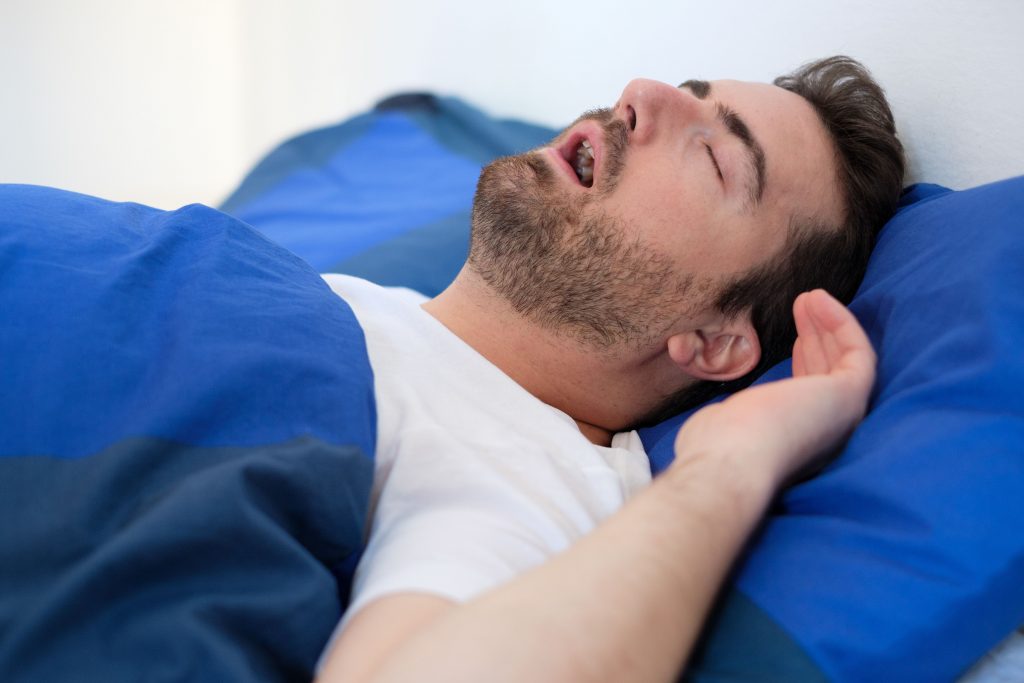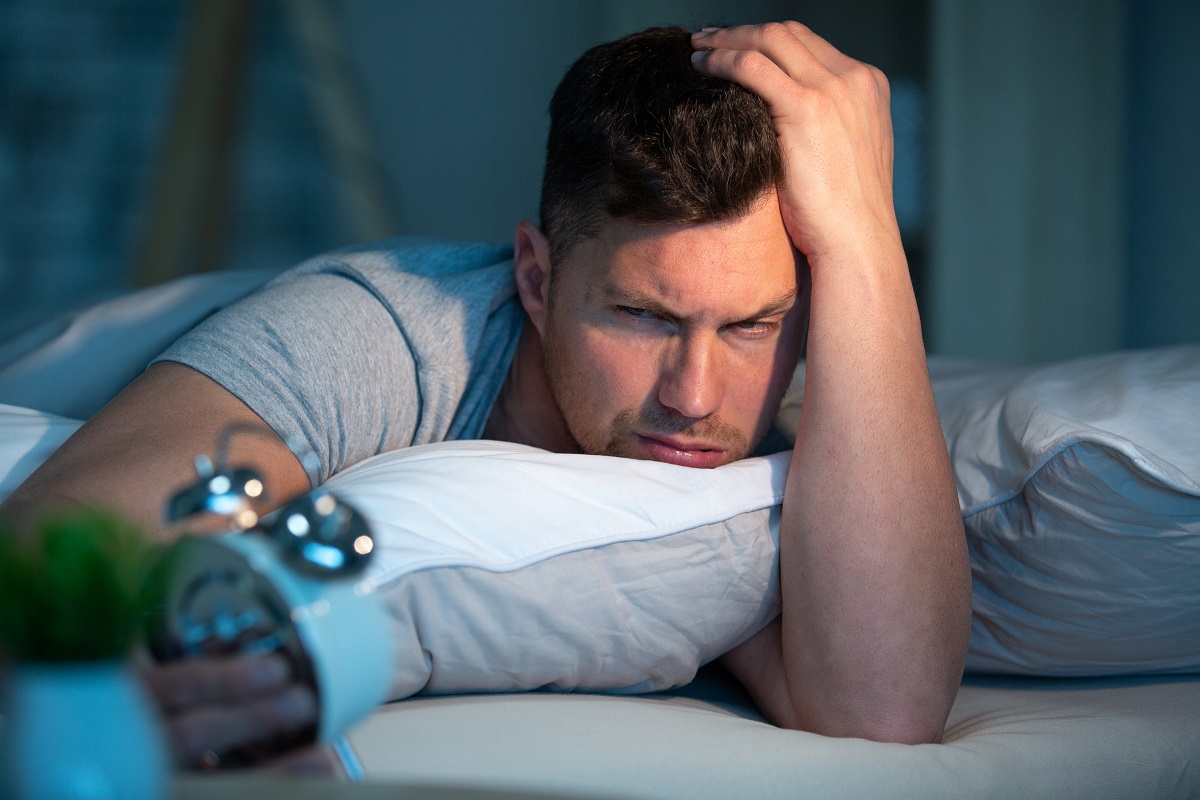

Sleep position also plays a role in snoring, adding to its volume. Snoring will typically reach peak intensity during the deepest stages of sleep (stage three or four) when the body is at its most relaxed. For many habitual snorers, however, more than one area of the airways is usually involved, thus producing a variety of different snoring sounds in a single individual. (4) As a result, depending upon where the vibration occurs in the airways during snoring, the sounds produced by one snorer can be very different to those of another.Ī snore may be soft and more nasally when vibration occurs in the soft tissues of nasopharynx (the upper portion of the pharynx that connects the nasal cavity just above the soft palate) while vibration involving the uvula and soft palate may be louder and more guttural. The biomechanical events that induce snoring are complex and highly variable, in fact, endoscopic observations of snorers while they sleep have revealed different modes of snoring in various individuals. It is said that her snore is just a handful of decibels louder than what you would hear from a low-flying jet (around 103 decibels). More recently, in 2009, Jenny Chapman was dubbed Britain’s loudest snorer, measuring a shuddering noise factor of 111.6 decibels.

If the sounds of a lawnmower has ever had you climbing the walls, this measurement is a close equivalent. In the year 1993, Swede Kare Walkert topped that world record with one of her own – 93 decibels. (2) Anything louder than 85 decibels is considered to be in range of sound that could begin to cause damage to one’s hearing. He set the then world record at 87.5 decibels – the equivalent of a diesel truck engine. The Guinness Book of World Records recorded the decibel measurement of chronic snorer, Melvyn Switzer in June 1984. There are several world record holders for the loudest recorded snores… Soft palate vibration, for instance, typically produces the longest of all snores, followed by that which is produced from the base of the tongue and is known as an epiglottal snore.ĭid you know? The average snore normally ranges between 60 and 80 decibels, which is about as loud as normal talking / conversation. The sound of a snore can be assessed according to the vibration of tissue, which is also associated with the duration of sound. Common causes of snoring and risk factors.We conclude that although snoring does not affect sleep architecture in general, it influences sleep efficiency and wakefulness time after sleep onset this may have an adverse effect on daytime function of heavy snorers. Wakefulness time after sleep onset and sleep efficiency correlated significantly with the snoring index. Snoring frequency and snoring index were similar during all sleep stages in light snorers, but they were higher during slow-wave sleep in heavy snorers. Distribution of snoring among the sleep stages differed for light and heavy snorers: light snorers snored uniformly throughout all sleep stages, whereas heavy snorers tended to snore more during slow-wave and REM sleep. Sleep architecture was similar in both groups.

We found that even the self-confessed nonsnorers snored lightly, with significantly smaller frequency and index than the heavy snorers.
#Does snoring mean deep sleep full
All subjects had full nocturnal polysomnography, including continuous monitoring of snoring, which was quantified by counting the number of snores per hour of sleep (snoring index), the number of snores per minute of snoring time (snoring frequency), maximal and mean nocturnal sound intensity (dBmax and dBmean, respectively). We recruited eight self-confessed heavy snorers and six self-confessed nonsnorers. The purpose of this study was to examine whether snoring adversely affects sleep architecture and sleep efficiency, and thus may account for the frequent complaints of daytime tiredness and fatigue expressed by heavy snorers.


 0 kommentar(er)
0 kommentar(er)
